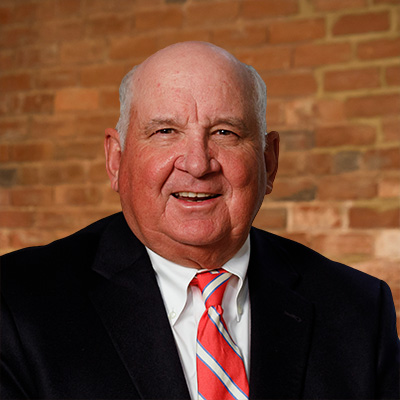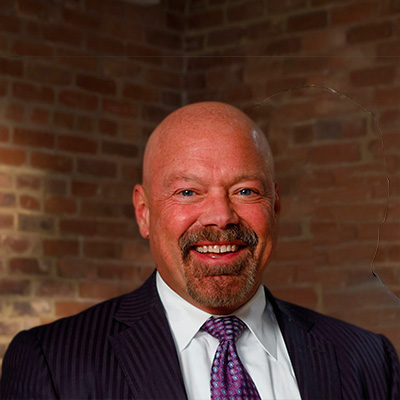After you’ve been in an accident that wasn’t your fault, you may receive a telephone call from the adjuster of the person who hit you. She seems pleasant on the phone, and she just needs you to answer a few questions to “firm up liability.” Don’t fall for her trap! What she really wants is for you to give a recorded statement that the other person’s insurance can use against you to avoid paying you the money you deserve. This is why, as a general rule, you shouldn’t give a recorded statement concerning a motor vehicle accident to anyone without the advice of an attorney. You shouldn’t give an oral statement either.
But what could be wrong with answering the adjuster’s questions if you have nothing to hide? Why would they try and use your answers against you? Think about it from the insurance company’s perspective. An insurance company runs its business by making money for its shareholders. Every dollar it pays out in claims is a dollar it loses from its bottom line. So, what is an insurance adjuster’s primary objective? She wants to reduce the amount the company pays out in claims, including your own.
The way insurance companies reduce the amount they pay out in claims is by denying those claims. But, insurance companies need a reason to deny your claim, and they’re going to use your recorded statement to find one. Here’s how:
- Inconsistencies: You’ve made plenty of statements in the weeks and months following the accident. You’ve spoken to police officers, and maybe even taken part in a deposition in the lawsuit following the accident. And now you’ve given the other party’s insurance company a recorded statement. The insurance company’s employees are going to take your recorded statement and compare it to all those other statements you have made. Where they find inconsistencies in your multiple statements, which is common when someone tells the story of his accident more than once, sometimes weeks or months apart, the company will claim you lied. The company may then deny your claim.
- Tricky Questions: The other person’s insurance adjuster is going to ask you a lot of questions. And, she is going to word those questions in such a way that they trap or trick you into responses that hurt your case. They may even try to push you into agreeing to facts you aren’t quite sure are completely accurate.
- Cross-Examination: Defense counsel will have the opportunity to cross-examine you at trial or during your deposition. You may not remember exactly what you said in your recorded statement, but the defense lawyer will do his or her best to make you contradict yourself. You might think this contradiction is inconsequential. But, the defendant’s lawyer will attempt to convince the jury that those contradictions make your testimony unreliable.
For these reasons, it is best to avoid giving a recorded statement to the other person’s insurance company without the advice of an attorney. Be firm, but polite, when denying the insurance adjuster’s request and always remember: they only represent the insurance company’s interests, not yours.
About the Author: Christopher Guedri is a personal injury attorney in the Richmond office of Allen, Allen, Allen & Allen. He handles complicated tractor trailer accident cases, bus accident cases and commercial truck accident cases and has won multi-million dollar verdicts over his career. Chris Guedri has an AV Peer Rating from Martindale Hubbell and has been listed in the book Best Lawyers in America since 1997. He was recently inducted into the International Academy of Trial Lawyers, an organization of attorneys elected to membership based on their excellent reputation. To learn more from Chris Guedri, visit his law blog.



